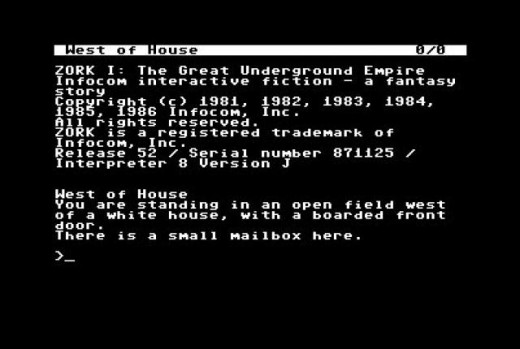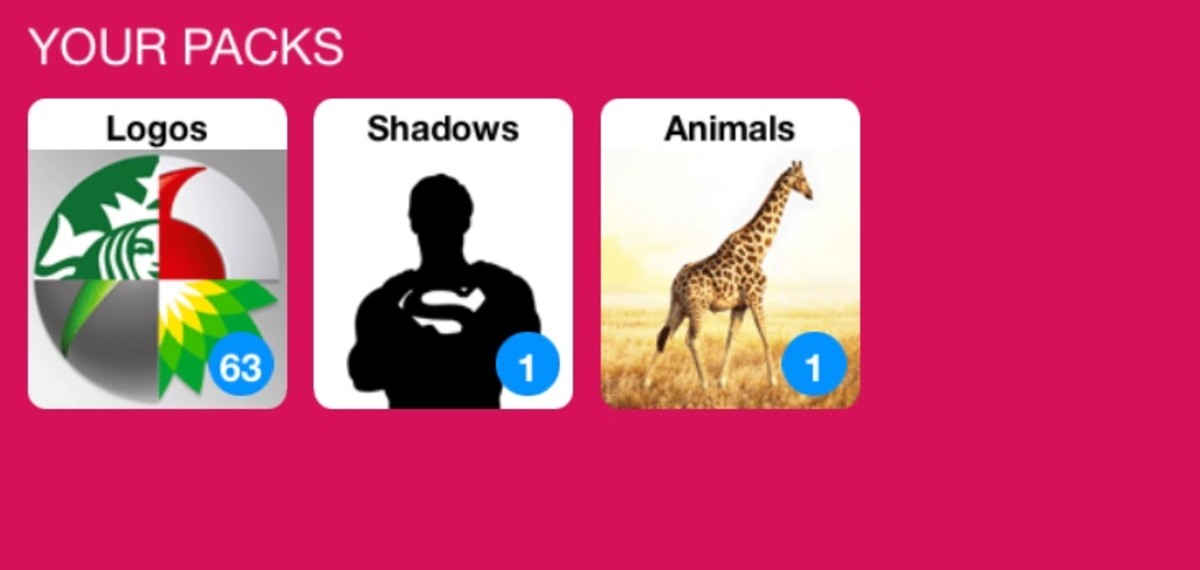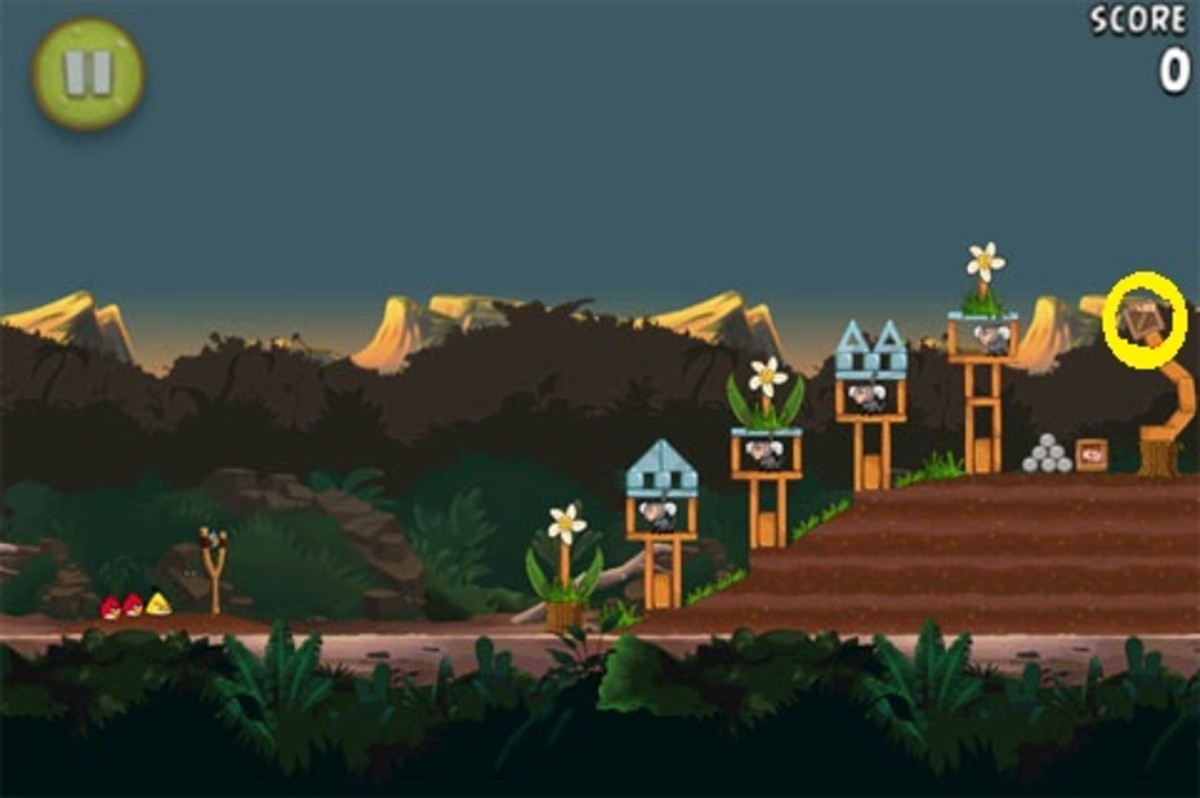The Best Mobile Game You're Not Playing
The Background
Long ago, when dinosaurs still roamed the earth, computer mice were just a distant dream, and graphics cards unconceived of, computer games existed as text-based adventure games. These games were like choose-your-own-adventure books, only on a computer. You were prompted with text messages and simple questions. For the first text-based games, you could only input numbers or simple key commands, but soon these games evolved into more complex stories. You could move in the cardinal directions, pick up objects, interact with entities, both malicious and friendly, and solve complex puzzles. All with only a keyboard.
One of the very first text-based computer game was A Summer Game, or Hamurabi. Written by Doug Dyment in 1968, Hamurabi was a game land and resource management. The player started out as the ruler of "an ancient city in the Fertile Crescent," and with numerical inputs decided how much land to buy or sell, how much grain to buy, and how much grain to distribute throughout their kingdom, among other things. At the end of the game, the player was compared to famous ancient rulers, such as Nero.

Probably the most well-known test-based game is Zork, a game that existed in three parts: Zork - The Great Underground Empire, Zork II - The Wizard of Frobozz, and Zork III - The Dungeon Master. Zork was written between 1977 and 1979 by a team at the Michigan Institute of Technology, or MIT. Following the footsteps of its predecessors, games such as Colossal Cave Adventure, Zork was an adventure game. However, Zork set itself apart from previous text-based games with its richness in storytelling and complexity in which the player could interact with the environment. For the first time, players could input more than simple noun-verb text and instead could use complex statements. Zork was set in "the ruins of an ancient empire lying far underground" and the player took on the role of a nameless adventurer "who is venturing into this dangerous land in search of wealth and adventure". The ultimate goal of Zork was simple: return alive, and with treasure.

Modern Text-Based Games
Just because technology has advanced doesn't mean text-based games have died. Quite the contrary: a current revival of text-based games is occurring. In 2009, for the first time in over a decade, a text-based game was commercially released: World War II: Heroes of Valour. Developed by Samuel Horton, it was a role-playing game telling the adventures of a World War II soldier. It was released for Windows in 2010 and iPhone in 2013. Several other text-based games have been released on mobile platforms, and through that medium a renaissance is occurring for text-based games. But for now, let's focus on the meat of modern text-based games: Dwarf Fortress.
Dwarf Fortress (officially called Slaves to Armok: God of Blood Chapter II: Dwarf Fortress) is a massively complex, text-based game. It was created by Tarn and Zach Adams in 2002 and released to the public in 2006. Since its release, Dwarf Fortress has existed a free game supported only through donations. The primary game mode is set in a randomly generated world, with continents, oceans, mountains, caves, the works. The player indirectly controls a group of dwarves with the goal of creating a successful underground fortress. The main game mode, Fortress Mode, consists of selecting a suitable site to establish a fortress, combating threats like goblin invasions, creating wealth and taking care of the dwarves. Each dwarf is modeled down to its individual personality, its likes or dislikes, and its trainable skills in various labors. Dwarf Fortress is known for two things: its complexity and its difficulty.

A Silent Wood
A Silent Wood is one mobile text-based game among many. You start from humble beginnings, just a pile of wood and a fire to create. You learn as you progress, moving from a single person huddled alone in a hut to a village, and soon you begin to explore the world around you, and that's when the game really takes off. You have to slowly build yourself up, as you go from desperately scrabbling together meager resources to adeptly conquering the world around you. It has superb storytelling, and for being nothing but text on a screen, it's remarkably immersive. You learn little bits here and there about the world around you as you progress. I don't want to give much away, other than to say it will capture your imagination and keep you up late at night, waiting to see what's around the bend, and that the ending does not disappoint. It's a game well worth the learning curve and effort, and a great starting-off point for gamers interested in exploring the rich genre of text-based games.
Have you ever played a text-based game?
So, at the end of the day...
...what can I really say? If the rich history and tradition of text-based games doesn't excite you, there's nothing I can say to convince to try A Silent Wood. But if maybe, just maybe, you're ready to get your feet wet and try one, then try A Silent Wood. It's strange, it's hard, it's text-based, you haven't heard of it, and it's awesome.



